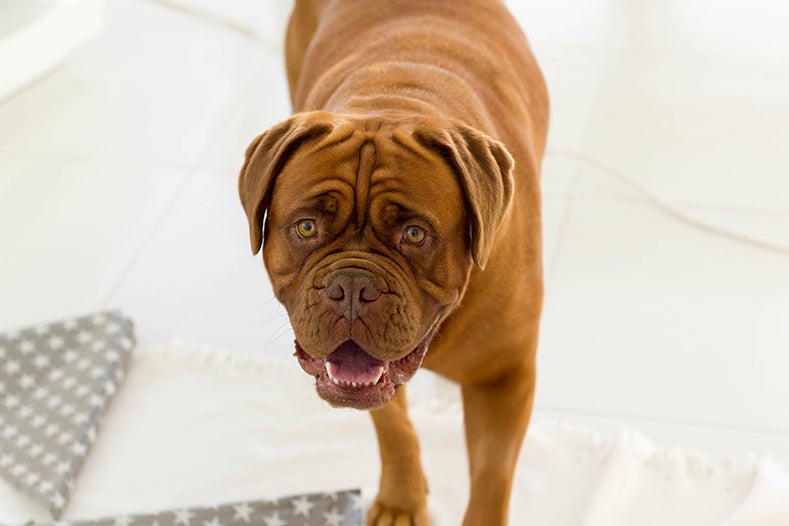
Dr. Mary Burch is the Director of AKC’s Canine Good Citizen program. Dr. Burch is a Board Certified Behavior Analyst and a Certified Applied Animal Behaviorist.
A dog owner contacted the Canine Good Citizen department with this question: “I just adopted a West Highland White Terrier mix from a rescue organization. My veterinarian is guessing my dog is about 1 year old. The problem is my dog is territorial. He bit another dog in front of my house when I had him on a leash and when we were in my yard, he tried to bite a neighbor who came in the yard to say hello. What should I do?”
Our reply: In the case of any kind of aggression, it is not appropriate to give advice via email or telephone. This problem could be something that escalates to a more serious issue and the first recommendation is to have an animal behaviorist or a qualified trainer (who has experience working with aggression) come and look at the dog in the setting where the behavior is likely to occur.
An animal behaviorist will do a complete work-up on the dog asking questions such as whether or not there were previous bites or bite attempts in the dog’s history (Is this why the dog was placed in rescue?), does the dog attempt to bite or threaten to bite people or animals when away from the dog’s property?, etc.
The behavioral assessment will determine the function and triggers of the dog’s aggressive behavior and whether or not it is, in fact, territorial.
Territorial aggression often starts with threats and warning behaviors such as barking and it can eventually escalate to posturing, lunging and eventually biting. Often, territorial aggression is directed at the same species (another dog). When people are also targets of the aggression, the situation becomes more complex.
In most cases, the plan for territorial aggression (as recommended by animal behaviorists) will include:
- a veterinary work-up to rule out medical causes
- supervision/environmental control by using fences, leashes, etc.
- a behavior plan that may include training (of the dog and owner), regular exercise for the dog, planned socialization depending on the behavior, and perhaps most critical, a behavior plan including counter-conditioning and desensitization. The dog will be taught behaviors that are incompatible to aggression.
Until a behavior plan is in place and a behaviorist has seen the dog, supervision and not putting the dog problem situations will keep everyone safe.
To learn more about socializing your dog, watch the video below.

